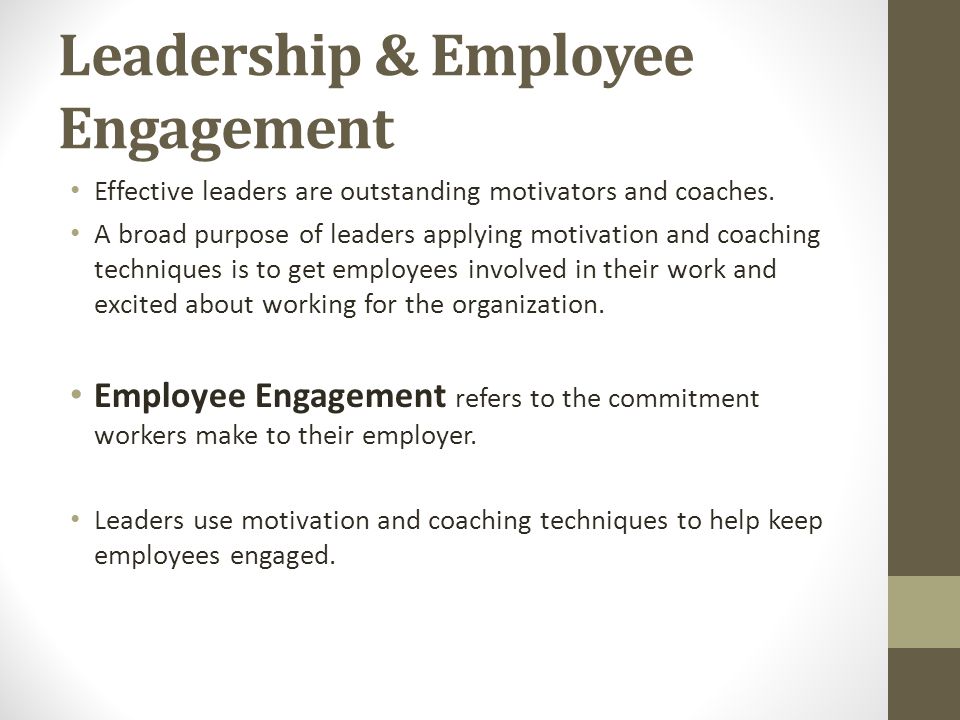Table of Contents
Top 10 Ways To Increase Employee Engagement in Southlake TX

After six years, he could sell the home for $250,000. This would result in a gain of $50,000, on which the investor would usually have to pay 3 types of taxes: a federal capital gains tax, a state capital gains tax and a devaluation recapture tax based upon the devaluation she or he has actually handled the property since the financier acquired the home.

An owner of a detached house on 3 acres (12,000 m2) is transferred by his employer to another state - employee engagement. Instead of offering the home, which will no longer be his personal residence, he picks to rent it out for an amount of time. After 10 years, he decides that he wishes to offer it however, at the exact same time, he has a grown boy who will be going to college in yet another state.
His house has appreciated from $200,000 to $300,000. Therefore, he schedules a section 1031 exchange, and buys the new residential or commercial property, hence preventing the capital gains tax at that time. In the previously mentioned example, the investor would need to corroborate his or her investment intent to the IRS by showing an arm's length lease to the child and other students.
In addition to the sale of property, selling an interest in real estate may likewise qualify for a 1031 exchange. An example of this would be the sale of an easement. See also [modify] Referrals [modify] Tankersley, Jim (March 19, 2018). "A Curveball From the New Tax Law: It Makes Baseball Trades Harder".


See, e. g.,, 317 F. 2d 790 (9th Cir. 1963)., 602 F. 2d 1341 (9th Cir. 1979). 1031(a)( 3 ). "1031 Delaware Statutory Trust (DST) Advisors".
I. shipley coaching. WHAT IS A 1031 EXCHANGE? A. History of tax deferred exchange 1031 Internal Revenue Code 1. The Income Act of 1918 and 1921 2. The Profits Act of 1924: gotten rid of non like-kind exchanges. 3. 1970's Starker Exchange: start of postponed exchange 4. The Earnings Reconciliation Act of 1989 - just within the United States B.
Includes rental, land, property, industrial and industrial genuine estate D. Provides safe and legal treatment for rolling sales earnings into new property as a non- taxable event. E. It is not a "swap". II. MEANINGS A. Boot"Non like-kind' residential or commercial property; taxable to the extent there is capital gain B. Constructive invoice, Although a financier does not have real possession of the profits, they are legally entitled to the earnings in some way such as having actually the cash held by an entity considered as their agent or by somebody having a fiduciary relationship with them.
2 Ways Leaders Can Boost Employee Engagement [Today]! in Grand Prairie TX
C. Direct deeding D. Exchanger E. Exchange contract F. Exchange period G. Recognition period 1. 45 days 2. In writing 3. No extensions 4. Recognition guidelines a. Three Residential or commercial property Rule The Exchanger may identify a maximum of 3 (3) replacement residential or commercial properties without regard to the fair market price of the homes.
200% Guideline The Exchanger may recognize any variety of properties so long as the aggregate fair market worth of the relinquished homes. c. 95% Rule The Exchanger may identify any number of residential or commercial properties without regard to the aggregate reasonable market price so log as Exchanger receives 95% of the aggregate fair market value of all identified replacement properties prior to the end of 188-day period.
Overall exchange period 1. 180 days or day income tax return is due (whichever is sooner) 2. Calendar days 3. No extensions readily available I. Improvement Exchange The enhancement (likewise called a construction or develop to suit) exchange allows an Exchanger, through making use of a Competent Intermediary and Exchange Lodging Titleholder (ET), to make enhancements on a replacement residential or commercial property using exchange equity.
Like-kind exchange "As used in IRC 1031(a), the words LIKE-KIND have recommendation to the nature or character of the home and not to its grade or quality. One kind or class of property might not, under that section, be exchanged for residential or commercial property of a various kind or class. The reality that any property included is enhance or unimproved is not materials, for that reality relates just to the grade or quality of the property and not to its kind or class.

Home mortgage boot L. Qualified Intermediary 1. The entity that helps with the exchange: a. is not an associated celebration, e. g., agent, attorney, broker. b. receives a charge. c. receives the relinquished home from the Exchanger and offers to the buyer. d. purchases the replacement residential or commercial property from the seller and move it to the Exchanger.
Table of Contents
Latest Posts
Tips For Leaders To Improve Their Self-awareness Mesquite TX
What Are The Top Characteristics Of Emotional Intelligence Plano TX
Tips For Leaders To Improve Their Self-awareness Sunnyvale TX
Navigation
Latest Posts
Tips For Leaders To Improve Their Self-awareness Mesquite TX
What Are The Top Characteristics Of Emotional Intelligence Plano TX
Tips For Leaders To Improve Their Self-awareness Sunnyvale TX